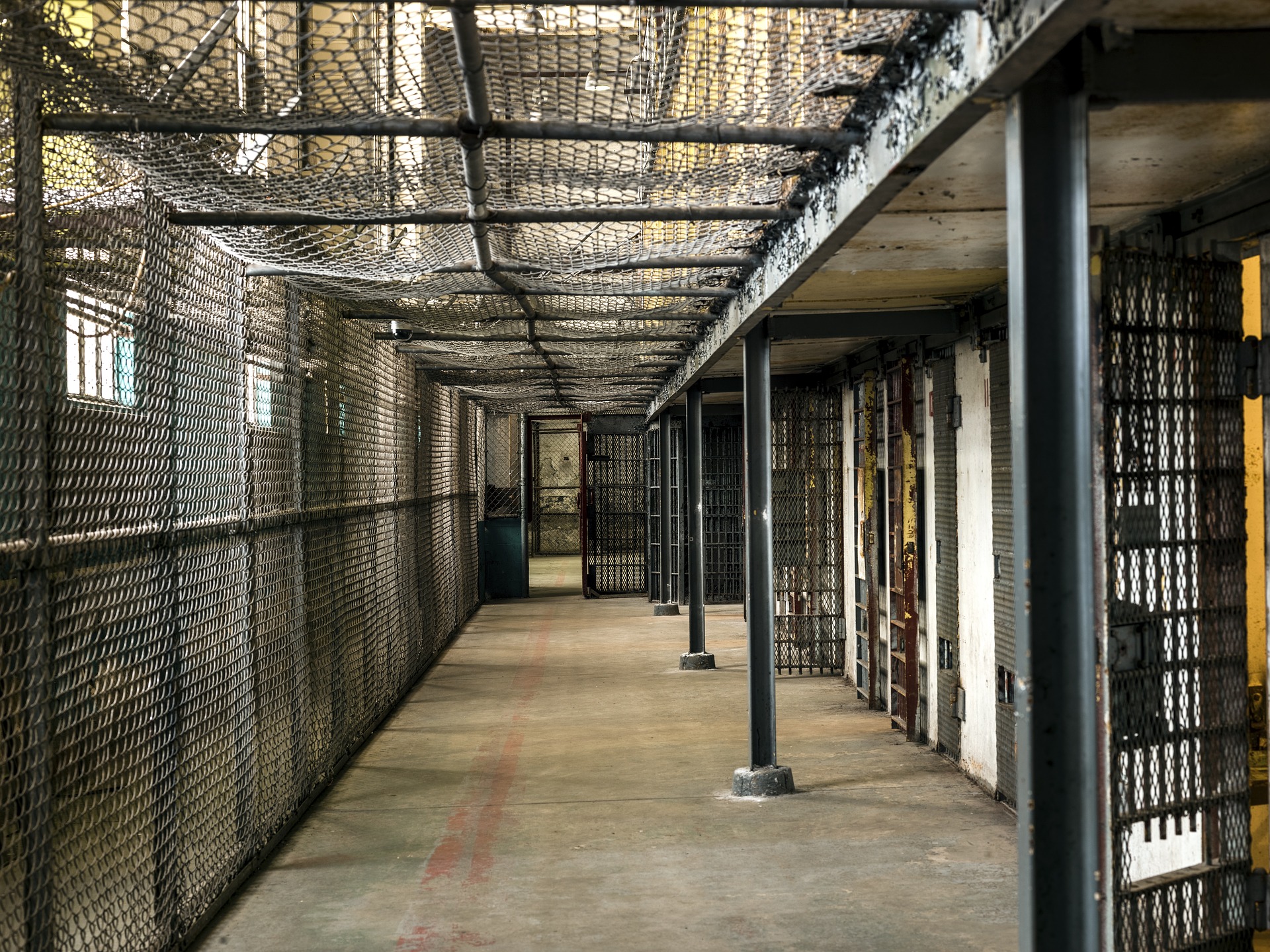Amy introduces her friend Steve, her old school mate, who now lives in the US. They were sent to the re-education camp together. She mentions that he was very shy when they were young.
Amy recalls going to the clinic to get some medicine, but being stopped by a flooded river when she returned to the labor camp. She waved to her friend Steve. He held out a branch to help her across. It was a harrowing experience, when the branch was lost.
Years later, Amy asked him what really kept him going. His answer was “humiliation”. Then he told her a story from his life. Steve’s father had been an engineer in the West, but in 1943 decided to return to China to help fight the Japanese. Because of his language skills, he was assigned to the Special Technical Co-operative Organization, which was a joint project between the US and China. After the war, he returned to Shanghai to be a camera engineer. Steve’s father, who was never interested in politics, married and had two children.
After the Communists took over, the Special Technical Co-operative Organization was condemned as anti-communist and foreign imperialist. There was a concerted propaganda effort to portray the organization as torturing communists. Steve’s father was arrested and sent to prison in 1952 and his family was labeled “anti-revolutionary”. In 1981, Steve’s father was released. Very old and having suffered greatly, he was hardly able to speak. Steve attempted to migrate the family to Canada, but his father did not want to go. He didn’t want to explain his life to anyone. He eventually relented and with a broken spirit, he lived in Canada until 1991.
Nan introduces today’s guest Steven Schaerer. He was a successful American businessman in China, until he was detained under a false accusation.
Steven was born in the Bay Area and went to China originally to teach adults English when he was 22 in 2012. He worked in Beijing for 5 years and founded his own successful educational consulting business. About two years later, his business was raided by the police. Steven points out that police raiding businesses is much more common in China, especially for foreigners. He was asked to go to the police station the next day.
Nan asks what sort of reasons would the police raid a business. Steven points out that the CCP (not the Chinese people in general) are distrusting of foreigners, especially those running businesses. He describes the authoritarian environment where foreign text books or foreign ideas were considered dangerous. He describes a comic strip depicting a little Chinese girl being courted by a foreigner, whose intention is to steal state secrets from her.
Nan asks what Steven’s original hopes were for his business. Steven explains how important learning English is in China, explaining that knowing English is a status symbol and teaching English is a multi-billion dollar industry. His company was helping economically mobile individuals and companies to fill this vital need.
Amy asks what sort of legal procedure Steven experienced. He explains that there is no due process. He was brought to the police station, interrogated for hours, had no lawyer and was forced to sign and fingerprint documents he was not given time to read. There were no actual criminal charges. His formal charge he was only told on his way to prison. He was accused of “illegal employment”, even though all his documentation was in order.
Amy asks if there were foreigners in the prison. Steven explains that it was mixed, but mostly Chinese. He describes an ordeal of dehumanizing medical procedures, before being brought to his prison cell. There were 16 other prisoners, in a cell large enough for 8. There was not enough space to sleep. Because Steven spoke both Mandarin and English, he recalls being asked by guards to help convince other foreigners (depressed and despondent) to continue eating. Steven explains that “just the malnourishment and sleep deprivation were enough to put anyone in a bad place in just a few days.” He describes trying to sleep on small wooden planks with bright lights shining on you. He explains that there was a small bathroom with one sink and one squatting toilet. If the water was turned off, there was no water to drink, creating a great deal of insecurity. If it was on, you may be allowed to shower every few days.
Steven describes all the details of his work residency paperwork, explaining that all his affairs were in perfect order and had already been approved. The police simply decided to imprison him regardless. He explains that his deportation paper simply states “illegal employment”. During his confinement, he had no communication with the outside world and was not told how long he would be held. He recalls a cell mate who had been detained for over two months. Steven explains that the US embassy had dispatched a councilor officer the first morning. There was a flood of such officers into a separate part of the building to meet with various inmates. The US councilor explained that getting a lawyer would not be helpful.
Amy asks if there was any way he could use money to get better treatment. Steven had no such opportunity, but describes a scene in which the police looked at his tax documents and showed frustration that he was making more than the police.
Michael Olsen thanks Steven for “confirming my worst fears” about China, recalling that, at one point, he had wanted to move to China, but declined to do so suspecting he may have faced similar treatment. Steven recalls that he was not doing anything political while he was in China. He remembers that he learned very quickly not to talk about the “three T’s”: Tienanmen Square, Taiwan and Tibet.
Michael suggests that even being apolitical, it would still be possible to be “contrarian”. Steven explains that just being a foreign national was a contrarian act. He describes how the CCP has a unique problem with foreign nationals, because the traditional methods of control for their own citizens are more difficult to apply to foreigners who may be protected by their own governments.
Steven describes desperately calling his embassies while on transit to the prison, only to discover that the CCP has little or no deference to foreign legal standards. While he thought the efforts of the US embassy to be adequate, he was surprised by the lack of interest in his experience when he returned home. He explains that upon return, there was no support for him. Steven is working to improve advocacy and awareness in the US, with the hope that this sort of treatment would no longer be tolerated.
Steven describes how any foreign National could be detained and punished severely for a variety of reasons, including a political reason having nothing to do with the accused.
Steven describes China’s deployment of “mobile execution vans”, which supposedly make executions more humane by providing remote, on demand lethal injection and organ harvesting. He describes how the CCP criticizes the US’s comparative tolerance of gang related crime, explaining their confusion as to why the US doesn’t execute sufficient numbers of people to end the problem.
Steven explains the circumstances wherein he was deported and the ordeal of being transferred to the airport and put on a plane.
Olsen asks if China has a system of “law and order”. Steven says they do, but it is an authoritarian system. He explains that their legal system is intentionally vague, such that the bribery, corruption and arbitrary decisions are made possible.
Marsha asks what happened to Steven’s business and possessions in China when he was detained. Steven explains that it all disappeared. Though he explains that his Chinese girlfriend was able to round up some of his personal belongings. He describes prison mates who lost absolutely everything. Steven mentions Chinese billionaires having their possessions arbitrarily confiscated.
Steven suggests that whether you are a small business owner or a major corporation, you are “making a deal with the devil and eventually you are going to lose”. He describes a “very belligerent CCP that’s drunk on power”. Olsen asks if China might do to Apple what they did to him. Steven suggests that China has already done many unfriendly things to major corporations in China. He describes the increasing hostility to companies who do not fully “bend the knee” to the CCP.
Dick wonders how many times Steven’s story has been repeated.
Steven describes how, when trying to promote his book, “Surviving Chinese Communist Detention” on Facebook, he was immediately blocked and given no recourse. Steven explains that his book uses his story to explain what China is in the modern era.
Stevens book is available on his website here:
https://www.chinesecommunistdetention.com/
Steven describes they many belligerent and authoritarian actions and policies of the CCP, describing details of the extent of abuse coming from their Social Credit System.
Billy asks if Steven feels safe now that he is in the US. He suggests that he feels safer than he would if he was a Chinese national. He describes Chinese police working with private investigators, to try and force Chinese ex-patriots back to China to be accused.
Michael Olsen asks if Steven sees the US public waking up to the threat of the CCP. He describes how US media has largely ignored his story, while media from India is reaching out to him. He suggests that, though there has been a desire in the US for these sorts of stories to go away, US citizens are slowly waking up. He shares his concern that he sees the current political climate in the US becoming much more willing to promote censorship.


